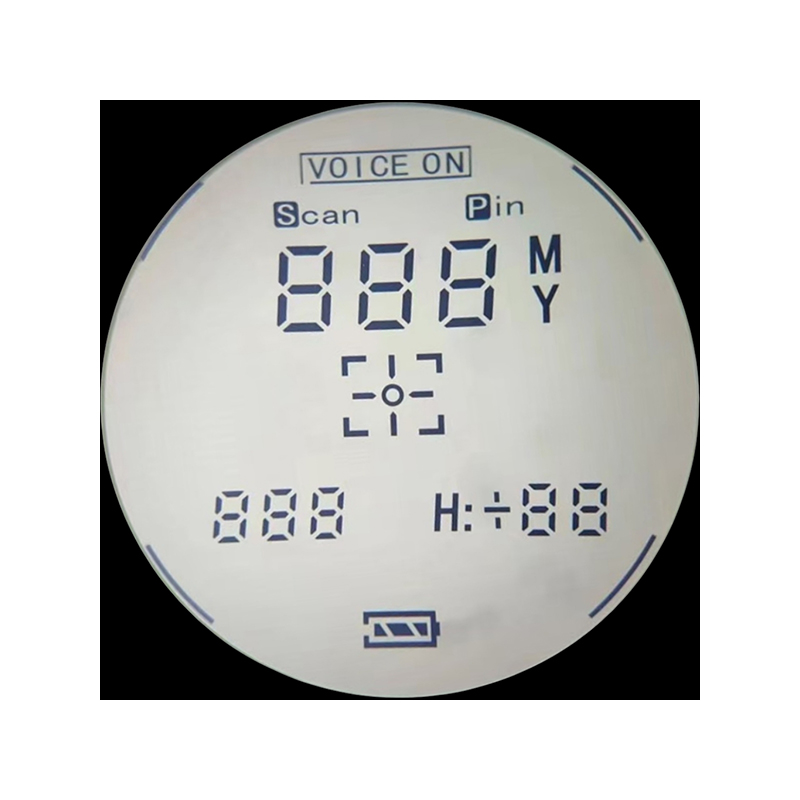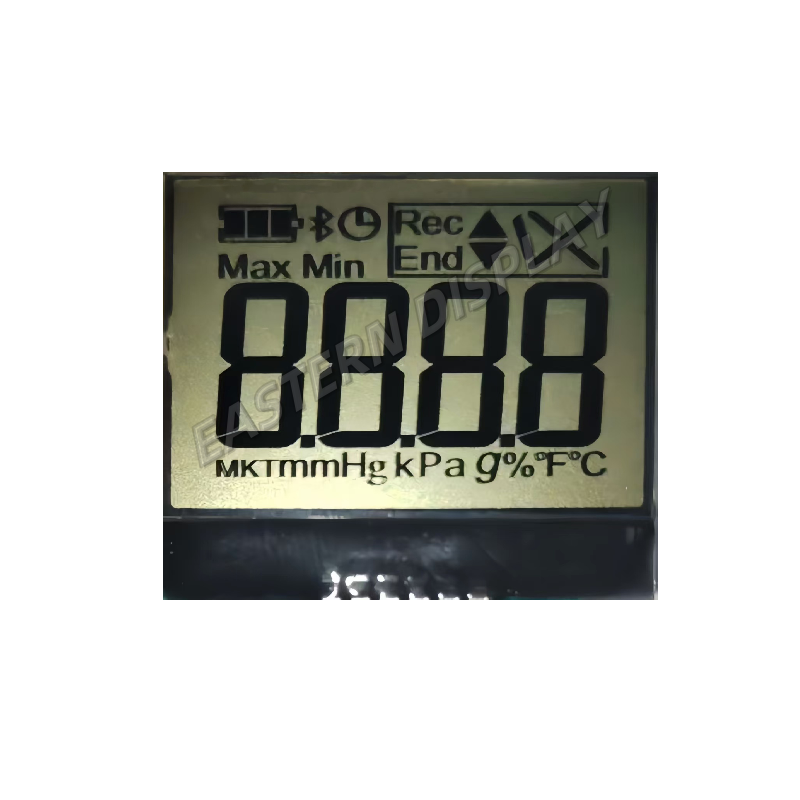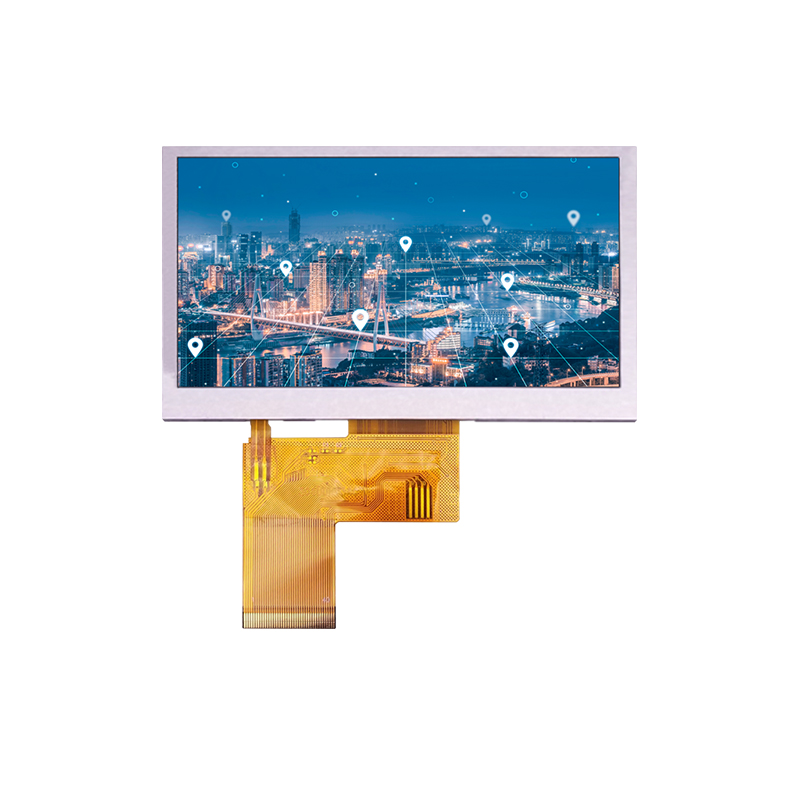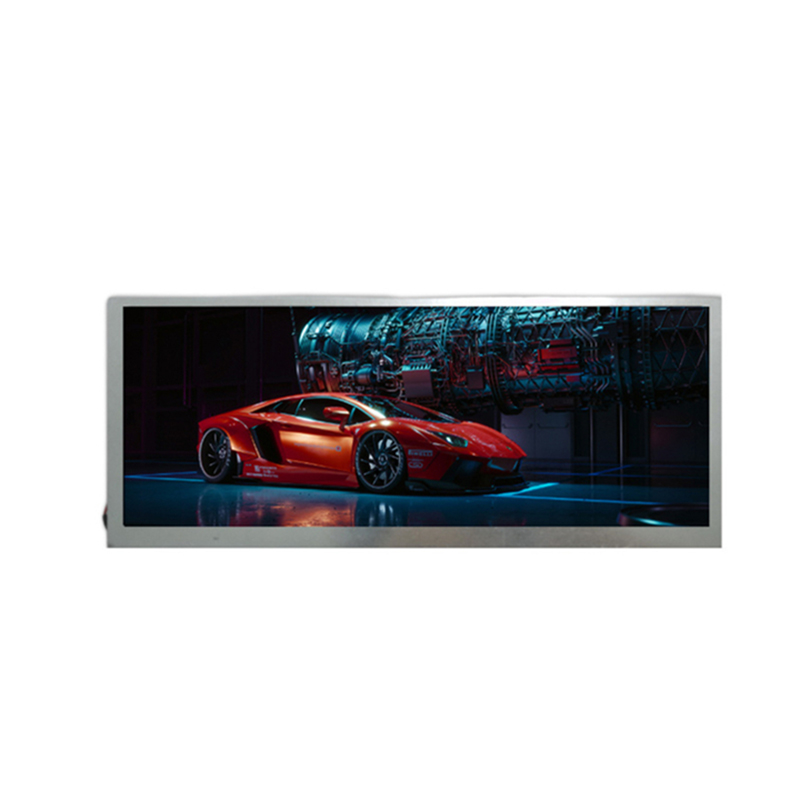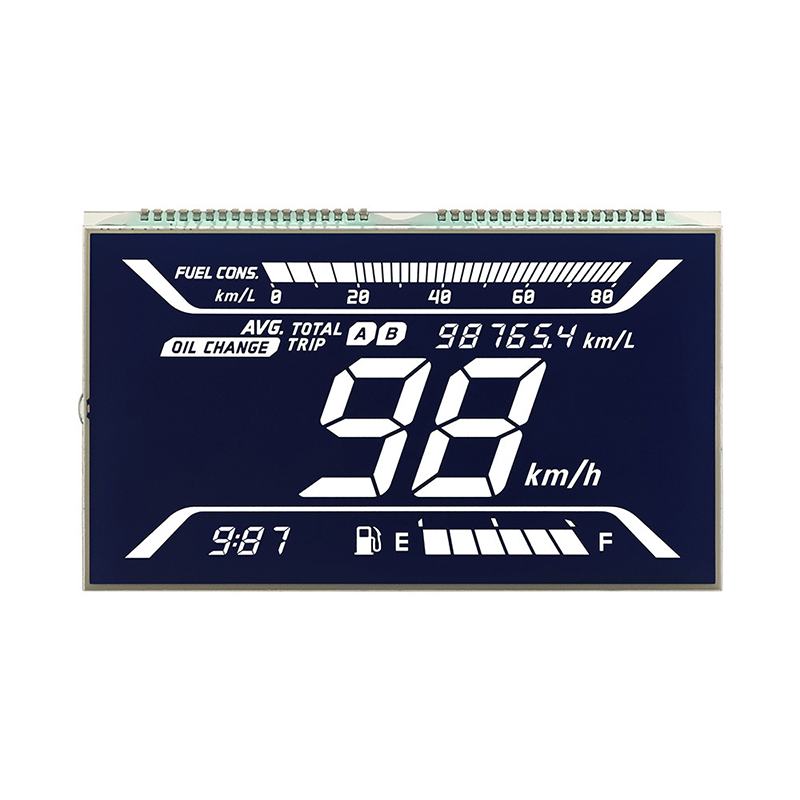
Choosing the right medical TFT display is crucial, but equally important is understanding how to safely and efficiently manage its lifecycle. This guide explores optimal exit strategies for your medical-grade TFT displays, covering disposal, repurposing, and upgrading considerations to ensure compliance and cost-effectiveness.
Several factors influence the best exit strategy for your medical TFT display. These include the display's age, condition, technological obsolescence, regulatory compliance requirements (like HIPAA and FDA guidelines), and your organization's budgetary constraints. Consider whether your display is still under warranty, and whether repairing it is a viable option before considering disposal or replacement. The type of display (e.g., size, resolution, features) will also impact its potential resale value or repurposing options. For instance, a high-resolution display used in a surgical setting might have a different exit strategy than a smaller, lower-resolution display used in a patient room.
Proper disposal of outdated medical TFT displays is paramount due to environmental concerns and potential data security risks. Many manufacturers, like Dalian Eastern Display Co., Ltd., offer recycling programs or partnerships with certified e-waste recyclers. Ensure compliance with all relevant environmental regulations before disposing of your displays. Securely erase any sensitive patient data before disposal to maintain patient privacy. This is especially critical given HIPAA regulations.
Before discarding a functional medical TFT display, explore repurposing options. Older displays might still be suitable for less demanding applications within your facility or could be donated to organizations with limited resources. However, always assess the functionality and security implications before repurposing. A thorough cleaning and data sanitization process are essential. For displays no longer suitable for medical use, consider selling them on secondary markets (after proper data erasure) or using a reputable e-waste recycling firm.
Upgrading to newer medical TFT displays can improve image quality, functionality, and potentially reduce energy consumption. Consider factors like screen size, resolution, brightness, and touch functionality when selecting a replacement. Consult with medical equipment suppliers to find models best suited for your specific needs. Dalian Eastern Display Co., Ltd. offers a range of high-quality medical displays that might meet your upgrade requirements. Carefully evaluate the cost-benefit analysis of upgrading versus repairing or repurposing.
The best exit strategy depends on your unique circumstances. The following table provides a simplified decision matrix to guide your selection:
| Condition of Display | Functionality | Data Sensitivity | Recommended Exit Strategy |
|---|---|---|---|
| Good, Functional | Suitable for current or alternative use | Low | Repurposing or Reuse |
| Good, Functional | Suitable for current or alternative use | High | Data Sanitization and Repurposing or Reuse |
| Poor, Non-Functional | N/A | Low | Recycling |
| Poor, Non-Functional | N/A | High | Secure Data Erasure and Recycling |
| Obsolete, but Functional | May have limited functionality | Any | Evaluate cost-benefit of upgrade vs. recycling. |
Effectively managing the lifecycle of your medical TFT displays, from initial purchase to final exit, requires a strategic approach. By carefully considering the factors discussed above and employing a suitable exit strategy, healthcare facilities can ensure compliance, minimize environmental impact, and optimize resource utilization.

